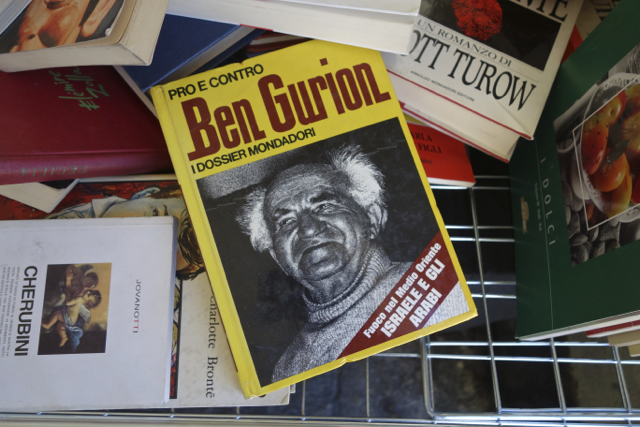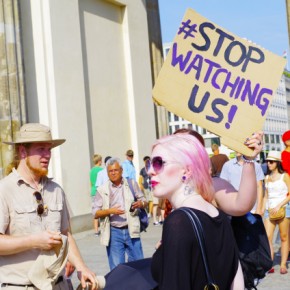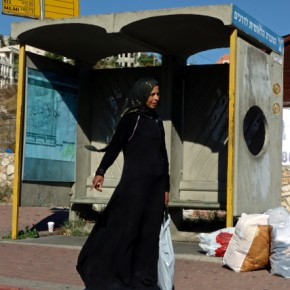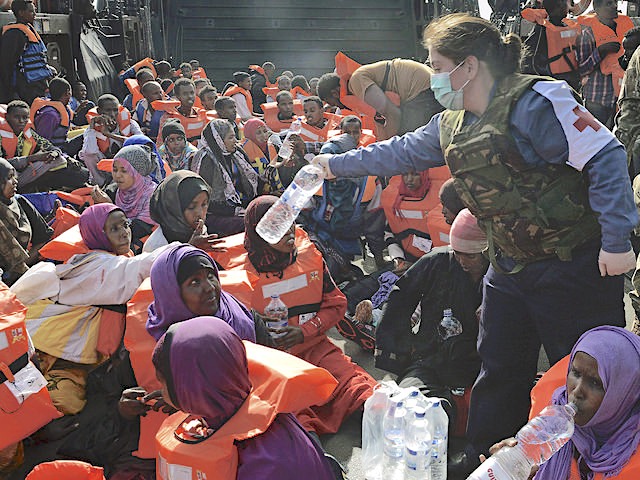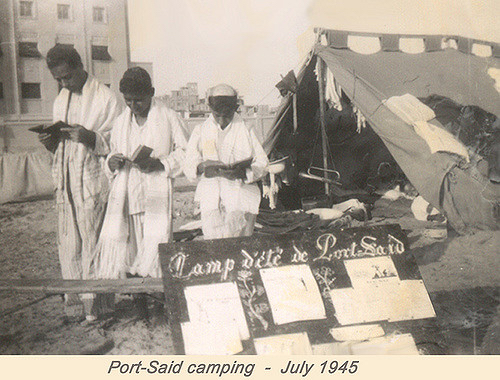Non-fiction is too narrow. That is, if you believe that the only narrative for progressive publishing is investigative journalism. Emphasize the first person, or adopt a memoir-like approach, and you become untouchable, the stuff of trade publishing, and public radio confessionals. Literary non-fiction? Too bourgeois. Poetry? It’s feminist, right?
Perhaps it’s the term ‘creative writing.’ It gave literary experimentation a bad name. What we want are facts. Actionable items we can take to the streets, and to the legislature. Not work that boasts the trappings of education, or leisure culture. Even if it does take a great deal of training to write exposés, and engage in hard-nosed analyses. That’s an inconsistency we’ve long since learned to live with. Out of political necessity, or so circumstances inspire.
Such problems have plagued progressive publishing for years. Partially for ideological reasons, partially due to market pressures. And, most recently, online reading conventions, which are entirely news-focused, to a fault. When was the last time you upvoted a piece of fiction on Reddit? Or encountered left-wing street art that was neither didactic, nor polemical?
The following Italian flyer translation touches on all these points, and more, by way of example. Photographed in front of the Politecnico, in Turin, it bears all the hallmarks of young persons seeking to reach their audience a different way. The stop and think vibe is inescapable, and refreshing. Particularly for passers by, used to ignoring adverts for gigs and demonstrations.

ADVANCE
– Can you tell me what freedom is?
– Excuse me, but right now I have a big problem, I’m looking for a plumber.
– Don’t worry, I’ll find for you a plumber, a friend of mine, that will help you for free. But can you explain (to) me what is freedom?
– Shit, this month I can’t even pay the bills guys, you know, I’m redundant.
– Don’t torment yourself, somehow we’ll find a solution also for this month. But, in your opinion, how can one be free?
– Listen, I’m in a bad situation, I have no money. My relationship, too, is having some troubles.
– But then, what is freedom?
– Freedom? Freedom? Freedom is the insanity to imagine a better world, where everyone can satisfy his needs and is willing to use his capacities to serve others, and without acting dishonestly . In other words, a world without the concern of a too expensive plumber. Listen, by the way, would you lend me 50 Euros? Thanks for this new world advance.
Totip
LITTLE PARIS
The boulevards resemble a small Paris. For some years now, the greyness has faded away. From Vanchiglia to San Salvario, it’s all a blooming of shop windows.
We used to walk after some French movie – remember? – talking about poetry all night long, and politics. Looking for some kind of vision. Now the facades are smiling to us, you have found your balance, Nichiren Daishonin Buddhism – yes, you told me about it, no, I’m not interested, thank you – nothing personal, but there isn’t a fucking thing to do in this city between 6 and 8? Too late for spriz, and too early for dinner.
Agnelli, you’ve got Indochina in your factory, or something like that, we used to say, but then the communication became social – like, comment, share – and while some walls are telling us about revolts in the CIE, we turn our back to suburbs and forget workers May Day. Nothing to do about this, times change and people change.
- And did you finally graduate?
- Not yet. I’ve six exams left, plus semiotics, internship and dissertation, but maybe I’m having an exam already in September.
We descend in the underground for an orgiastic mass, we go in with 7 euros and (an) Arci card. We speak all night in an incomprehensible cursive. Look around: people are like sheep, it smells like the river, and that nauseating factory noise. We are the night shift and those mechanical gestures in the assembly line. We are the sons of sick fathers, the prelude of the upcoming millennium.
The future is light, forget black and white. Poetry and tragic dawn, the French movies.
Danilo Pettenati
LITERATURE AND CONFLICT
Translated from the Italian by Giulia Pace. Introduction and photographs courtesy of Joel Schalit.
